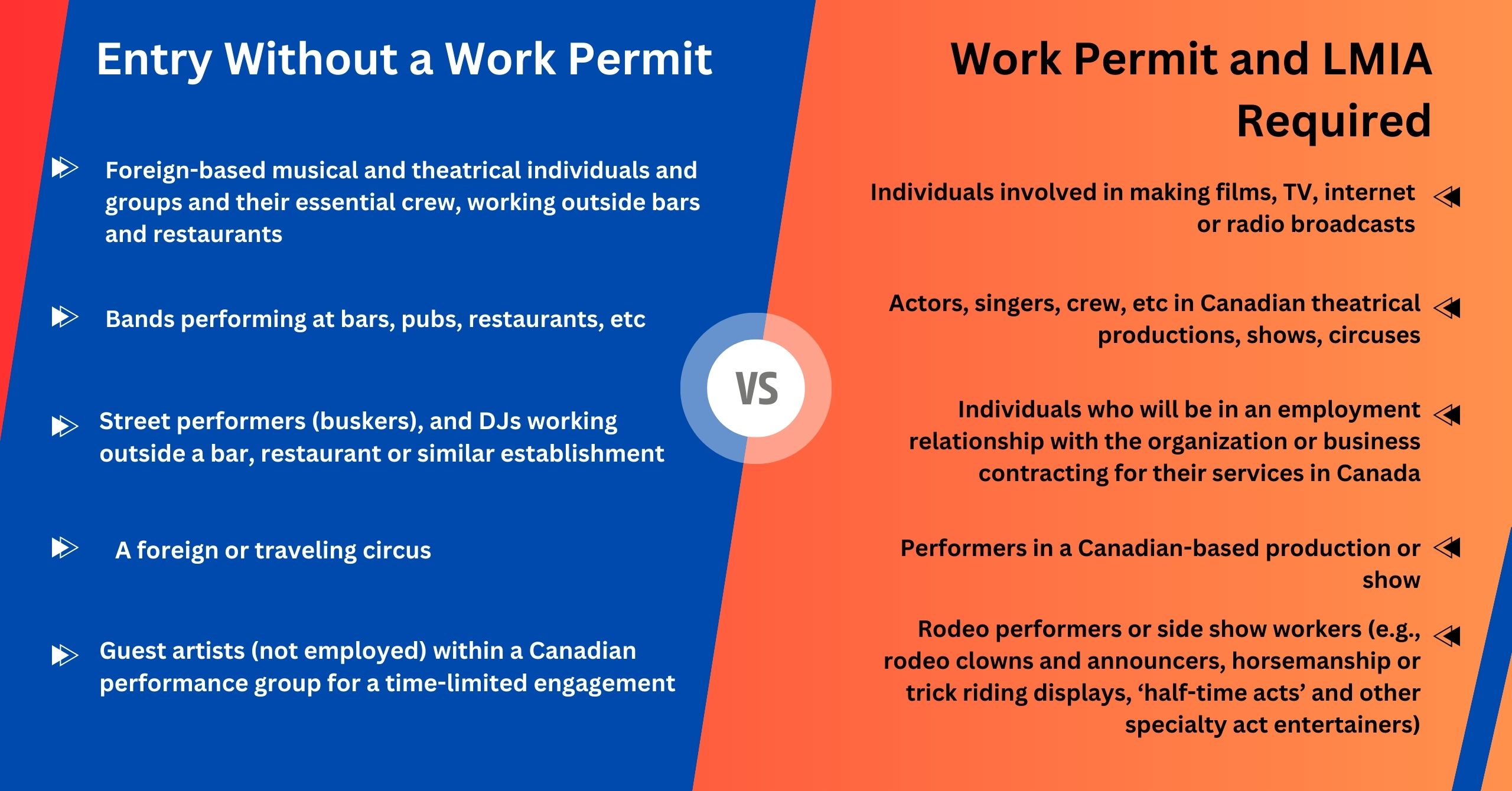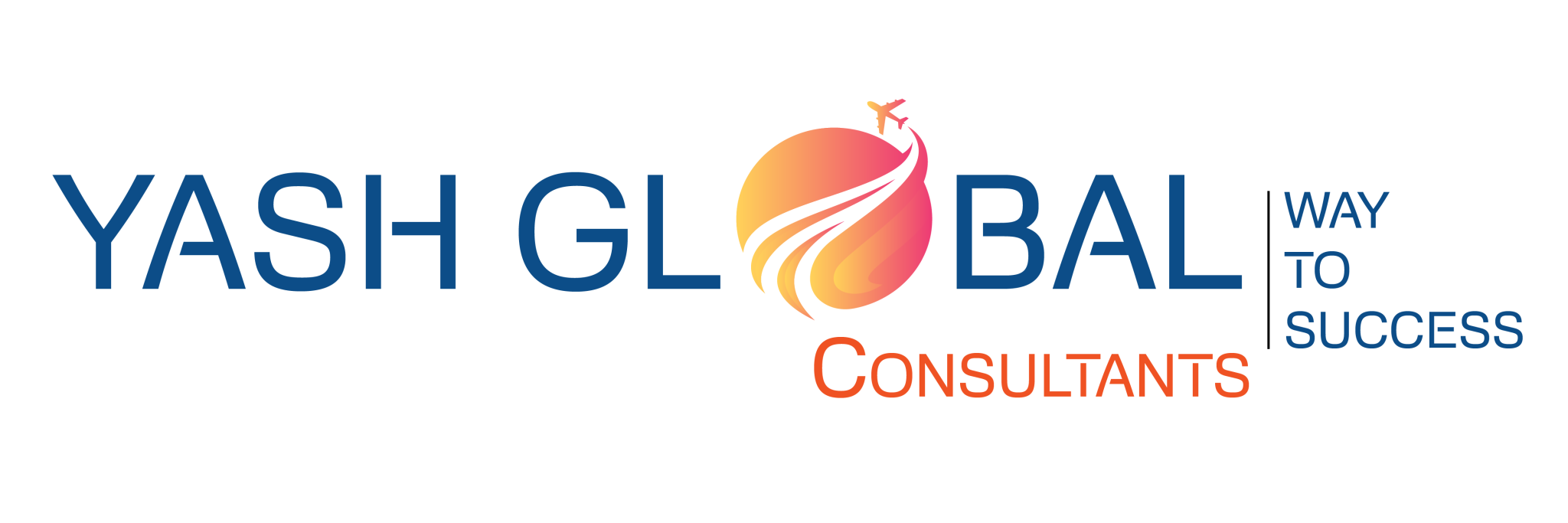How to Work in Canada Without a Work Permit?
You can work in Canada without work Permit. Yes, you heard it right. And it is true that in order to work in Canada, one must apply for a work visa. But what you all don’t know about the exceptions you can get. Hey, this is Yash Miglani, the CEO of Yash Global Consultants and I am going to share a few exceptions where you can get to work in Canada without a Work Permit While a work visa is the most common way to work in Canada legally.
Thousands of temporary foreign workers enter Canada every year. And there are so many situations where you can work without needing a permanent work visa. One must be able to enter Canada on a temporary basis, for which a Temporary Resident Visa is required. Let’s get ahead and learn a few of these exceptions where you can work in Canada without a work permit.
Business Visitors
People who want to work in Canada but not permanently are called business visitors, allowing them to work in Canada without actually entering the Canadian labour Market. They come to Canada for business and don’t do general jobs, but work that just involves them crossing borders.
Let’s dive a little deeper into this!
There are a few criteria for Business Visitors:
- Those who do not intend to work regular jobs in Canada and
- second, those who show they are involved in some work that involves crossing borders or international business matters
- Next are Business Visitors who are actually working for a foreign employer: people who are employed in companies outside of Canada, all those who get paid and get profit from outside Canada.
There are so many Categories that fall into this, but more on that later!
On-Campus Employment
A Student can work on campus while studying by meeting the following criteria:
- They must have a valid study permit.
- A student at a college or university;
- A college level private institution in Quebec;
- A confer degrees authorized Canadian private institution
People from the News & Media Crew
People who enter Canada for reports or news may do so without a Work Permit. But this too has its limitations. It includes journalists as well, but the company they work for is not Canadian. Managers and clerical administrators only fall into this category if their special events last longer than six months. Generally, when media reporters or journalists are in Canada to produce travelogues, documentaries, etc., they may need to acquire a work permit, and the decision takes place at the discretion of the Canadian Visa Officer reviewing their application.
A Little about the Performing Artists

Health-Care Students
Without a work permit, overseas medical students who are enrolled in foreign institutions may take part in clinical clerkships in Canada. Students may be majoring in subjects including physical and occupational therapy, nursing, medical technology, and medicine. These internships should only last four months and be unpaid.
Foreign health care students who will be paid for their job or who plan to stay in Canada for a longer period of time than four months must obtain a work visa.
Crew
If a crew member is working on an airplane that is not registered in Canada and is mostly used for international travel, they do not require a work visa. They could be involved in passenger service, maintenance, or operation’s laws that control the work done by workers on different modes of transportation vary greatly. As a result, it’s crucial to confirm that a work visa exemption will be available before arriving in Canada.
In conclusion, a work visa is the most common way to work in Canada, but one can work without it through various exceptions. These exceptions cater to specific situations and categories of individuals. Business visitors who engage in cross-border or international business matters, individuals working for foreign employers, on-campus employment for students with valid study permits, certain media professionals engaged in reporting or news, health-care students participating in short clinical clerkships, and crew members of international aircraft not registered in Canada are among those who can work in Canada without a work permit under specific conditions.
Frequently Asked Questions
Business visitors can engage in work activities related to international business matters or crossing borders, but they should not be performing general employment or jobs that contribute to the Canadian labor market. Examples of permissible activities for business visitors include attending business meetings, negotiating contracts, participating in trade conferences, conducting market research, and engaging in international business transactions. It’s important to note that the scope of work for business visitors should align with the purpose of their visit and not involve taking up regular employment.
No, international students cannot work off-campus without a valid work permit. While students with a valid study permit can work on-campus without a separate work permit, working off-campus requires obtaining a work permit known as the “Off-Campus Work Permit.” This permit allows eligible international students to work up to 20 hours per week during regular academic sessions and full-time during scheduled breaks. It’s crucial for international students to apply for and receive the appropriate work permit before engaging in any off-campus employment in Canada to ensure legal compliance.
Yes, individuals working for foreign employers can be paid for their work in Canada under certain circumstances. Business visitors who are employed by foreign companies and engage in work activities related to international business matters or crossing borders can receive payment from their foreign employers for the work they do in Canada. However, it’s important to emphasize that the work should remain consistent with the purpose of their visit and not involve taking up regular employment in the Canadian labor market. Payment received for such work should be from a foreign source, and individuals should be able to demonstrate that their primary employment relationship remains outside of Canada.



Leave a Reply